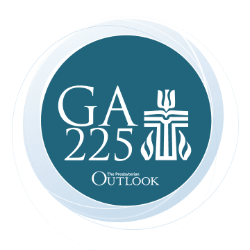What are the essential tenets of the Reformed faith? This question can strike fear in the hearts of many Presbyterians because these tenets are, perhaps needfully, loosely defined. When I have faced this type of question, I often speak of the agency of God in choosing human beings first, of being created in God’s image, of human tendencies toward idolatry and tyranny. I speak of God’s grace. And mostly, in what seems in my mind to be a benchmark of Reformed (and Presbyterian) identity, I speak of the sovereignty of God. For roughly 35 years of my life as a cradle Presbyterian, God’s sovereignty felt like a cozy blanket: well-worn, secure, and comforting. God is in charge, and that is good news. And then, during coursework for my doctorate in theology, I took a class on the history of sovereignty. I wanted to learn more about this word, and how it connects to colonialism and power. There, I learned about Hugo Grotius, who is often called the “father of international law.” Hugo’s most important work was his anonymously published book in 1609, The Free Sea. Here, he argued that law was founded upon God’s sovereignty. There was, at this time, a dispute (putting it mildly) between the Dutch and the Portuguese because the Dutch stole a Portuguese ship off the coast of Singapore in 1603. Hugo wrote to defend the right of that seizure by the Dutch East India Company because it occurred during a “just war.” Thanks to guest author Whitney Wilkinson Arreche. You can find the rest of the commentary on our website. | 









No comments:
Post a Comment